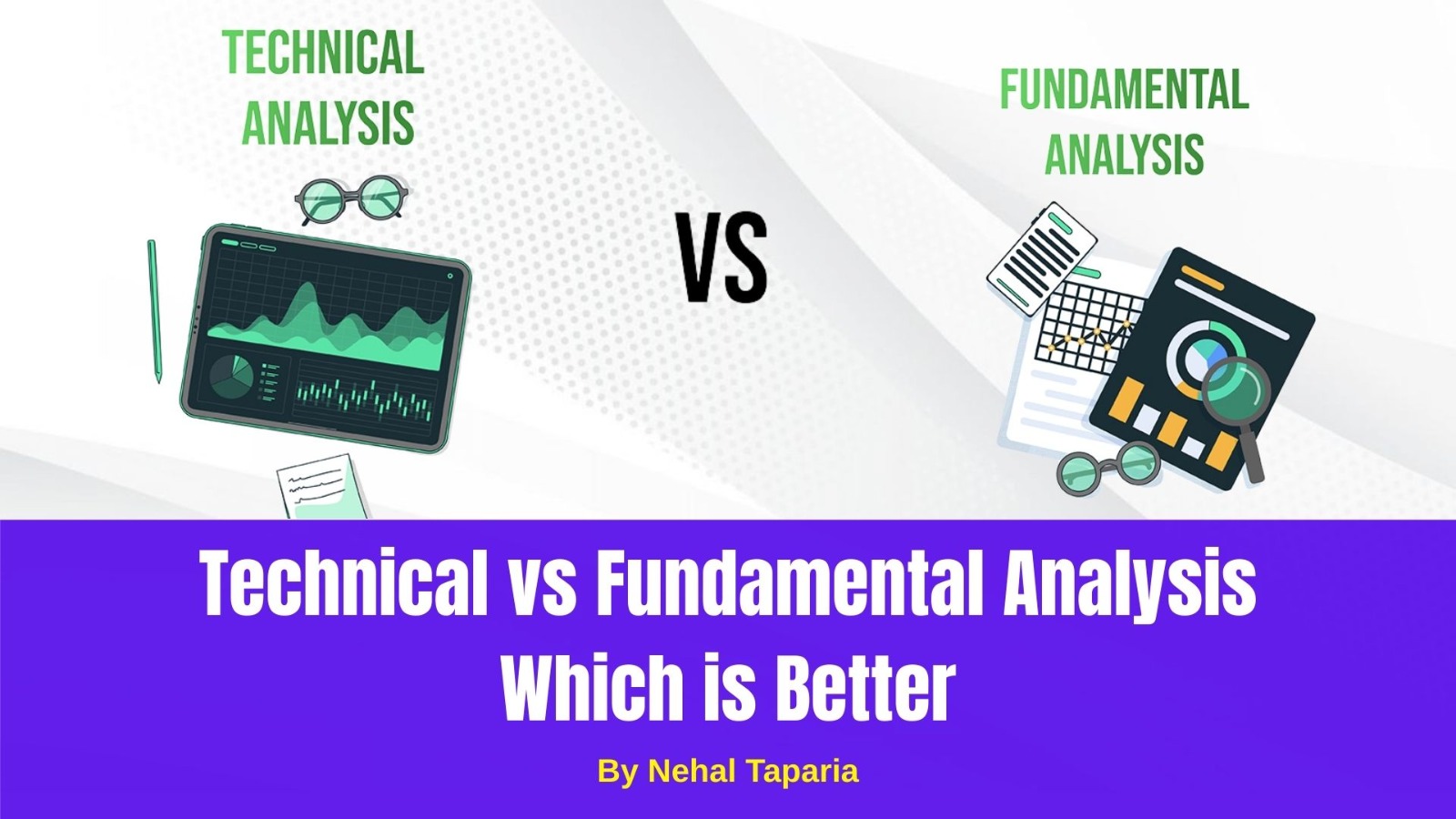Technical vs Fundamental Analysis – Which is Better?

Technical vs Fundamental Analysis – Which is Better?
When it comes to making smart investment decisions, two popular approaches dominate the discussion — Technical Analysis and Fundamental Analysis. Both methods aim to help traders and investors make informed choices, but they differ in philosophy, tools, and application.
At Empirical F&m Academy, we often see beginners and professionals confused about which approach works best for them. Let’s break it down in simple terms.
What is Technical Analysis?
Technical analysis focuses on studying price charts, patterns, and market trends. The core belief is that history repeats itself and that price movements reflect market psychology. Traders use tools like moving averages, candlestick patterns, RSI, and MACD to predict short-term price actions.
If you’re someone who enjoys charts, data, and short-term trading strategies, enrolling in a Technical Analysis Course or an Advanced Technical Analysis program can help you sharpen your skills.
What is Fundamental Analysis?
Fundamental analysis, on the other hand, is about studying a company’s financial health, business model, earnings, industry position, and macroeconomic factors. The focus here is on long-term value creation. Investors use balance sheets, P&L statements, cash flows, and valuation ratios (like P/E, P/B, ROE) to decide whether a stock is worth investing in.
If you are a long-term investor who wants to understand companies deeply, then Fundamental Analysis is the right approach for you.
Technical vs Fundamental – Which is Better?
The answer depends on your investment style:
For Traders: Technical analysis offers quick entry and exit points.
For Investors: Fundamental analysis helps identify strong businesses for long-term growth.
Best of Both Worlds: Many professionals combine both approaches — using fundamentals to select stocks and technicals to decide when to buy or sell.
At Empirical F&m Academy, we guide students through both strategies via specialized Share Market Courses, ensuring they learn how to integrate these methods for better decision-making.
Conclusion
There is no one-size-fits-all answer. Technical Analysis is ideal for active traders, while Fundamental Analysis is perfect for long-term investors. A smart approach is to master both and use them complementarily.
If you’re looking to start, joining a Share Market Course or an Advanced Technical Analysis program can give you the right foundation.
By Nehal Taparia
This content is for educational and knowledge purposes only and should not be considered as investment or Trading advice. Please consult a certified financial advisor before making any investment or Trading decisions.
Our Recent FAQS
Frequently Asked Question &
Answers Here
Q1: Which is better for beginners — Technical or Fundamental Analysis?
For absolute beginners, starting with Fundamental Analysis provides a solid foundation. Later, you can explore technicals for trading strategies.
Q2: Do I need to learn both Technical and Fundamental Analysis?
Q3: How does Empirical F&m Academy help in learning these concepts?
Q4: Is Technical Analysis useful only for traders?
Q5: Which course should I choose first?
Copyright © By Empirical F&M Academy. Design & Developed by Techno Duniya


.jpg)


.jpeg)




